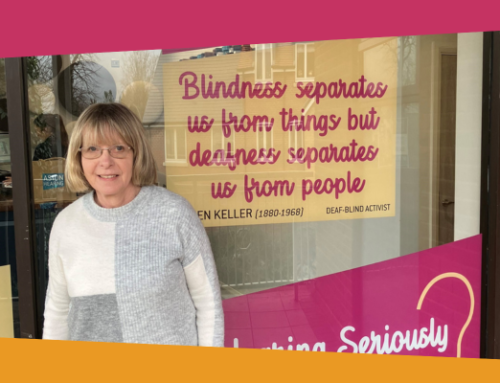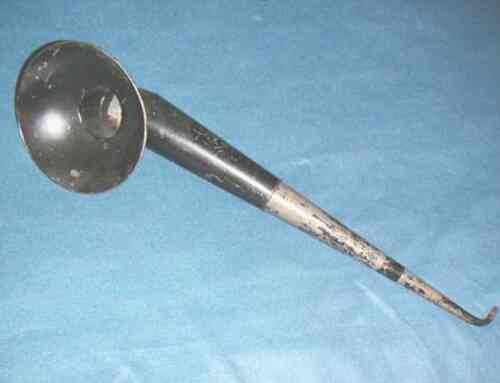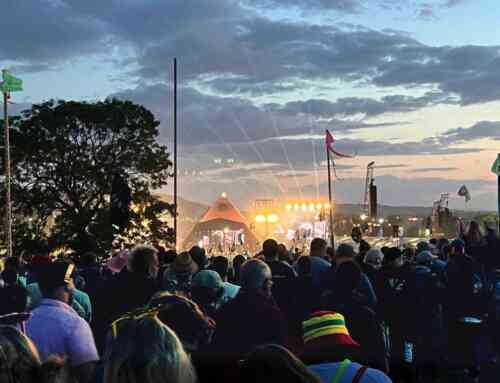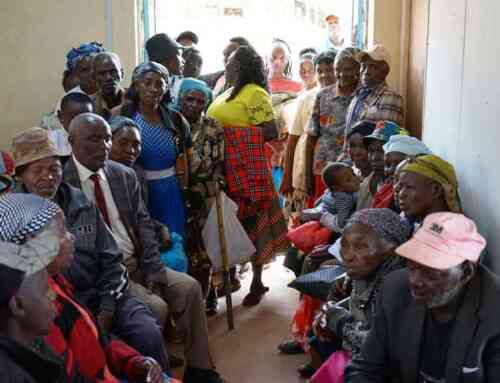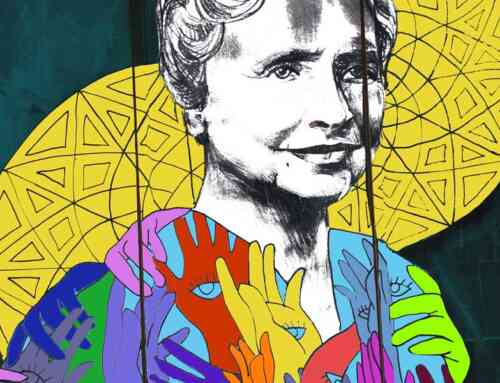“I’d be delighted and proud for Dad’s story to be included in your journal. I am really happy to see his story live on in this way. As you know, I feel strongly that we must be constantly seeking new and creative ways to support our elderly and vulnerable.
Hearing loss can be easily overlooked in society in general but even more acutely in settings such as care homes. Attention is often necessarily focused on the main presenting problem; whether it’s dementia, stroke, convalescence following falls, infections or recovery from surgery. Hearing aids get misplaced or forgotten in the immediacy of the patient’s pressing needs.
It is sometimes difficult to separate out cause and effect. Is John confused? Or is it that he can’t hear me? Did he hit me because he has dementia and has lost inhibition and control? Or is it that, yes, but also a sense of deep frustration, fear and isolation partly caused by deafness?
No-one seems to hear him and he can’t hear us. How alone, and lonely a deaf person can feel, even if a well meaning carer or loving daughter is trying her best. Life can come at the elderly and most vulnerable as if in a series of unexpected shocks and blows, and one of the reasons for this can be that the patient simply cannot hear what is going on. How frightening would that be for any of us who can hear today?
For Dad, once we grasped the simple truth, there in front of us but unseen, that Dad couldn’t hear, we changed our approach and in turn his ability to communicate. With the investment of expertise and dedicated one-to-one specialist visits by Aston Hearing to meet Dad in his care home dementia unit, we identified that his old hearing aids were no longer fit for purpose. Understandably, his carers felt he couldn’t cope with hearing aids – as he would usually rip them out of his ears but we think that was pure frustration, as he was regularly fitted with aids that weren’t his or not working.
Once we established a better system of identifying the aids and provided support and training to his carers, things improved greatly, but were not perfect. In the end we decided to take the unusual step of fitting him with a tiny, completely in-the-canal hearing aid – that was custom-made and sat deep in his ear canal. This new in-the-ear hearing system overcame these practical challenges and more.
Dad was reunited with what mattered deeply to him, as it does to most of us; not feeling left out and forgotten but being a part of the conversation”.
Carina Allsup

